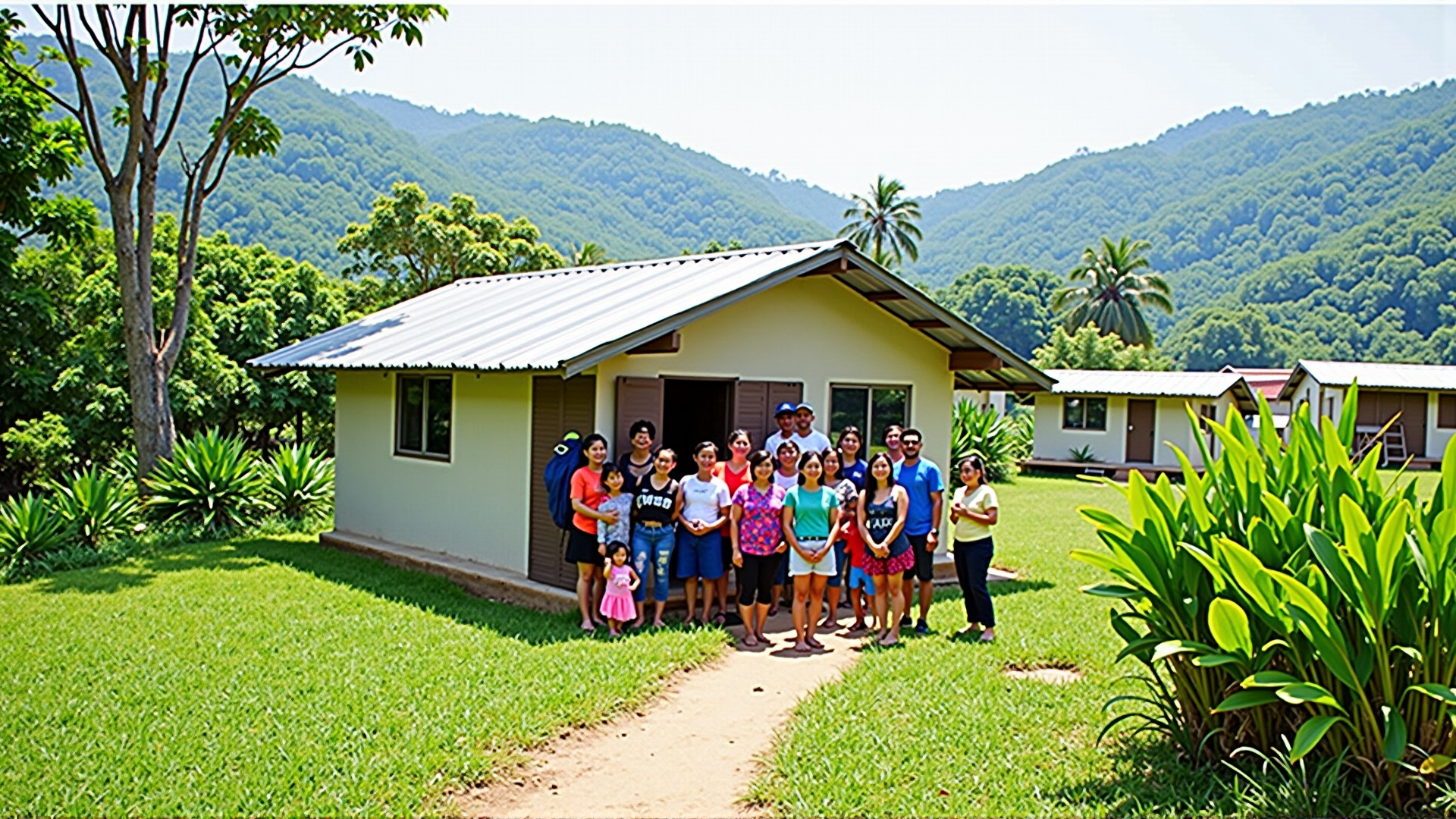In recent years, the Philippines has made significant strides in extending vital services to its remote communities, fostering a better quality of life for its residents. These efforts have focused on providing essential support in the areas of healthcare, education, transportation, and communication, transforming previously underserved regions.
Healthcare has seen considerable advancements, with the establishment of community health centers and medical missions that ensure even the most isolated areas receive necessary care. These centers are often staffed with dedicated professionals who provide basic medical services, vaccinations, and health education. The advent of telemedicine has further bridged the gap, allowing patients to consult with specialists located in urban centers, thus delivering expert care to those who might otherwise go without.
Education initiatives have also taken root, leveraging technology to reach students in distant villages. Mobile libraries and digital classrooms equipped with internet access have become prevalent, providing children with learning resources and opportunities for growth. Local educators are being trained to utilize these tools effectively, ensuring that students receive a comprehensive education that prepares them for future challenges.
Transportation infrastructure is another area where significant progress has been made. New roads and bridges are connecting remote communities to larger towns and cities, facilitating the movement of people, goods, and services. These improvements have not only enhanced trade but also provided residents with better access to employment opportunities, social services, and cultural experiences.
Communication networks have played a pivotal role in transforming life in these areas. Mobile phone and internet service expansion mean that residents can stay connected with the rest of the country and the world, opening up a wealth of information and opportunities. This connectivity has empowered local businesses and entrepreneurs, enabling them to reach wider markets and collaborate with others beyond their immediate vicinity.
These transformative efforts demonstrate a commitment to improving the lives of those in remote areas, ensuring they do not remain isolated from the progress seen in more developed regions. As the Philippines continues to enhance these services, the potential for sustainable development and increased overall well-being for its rural inhabitants becomes ever more attainable. The journey towards inclusivity and accessibility is one that not only uplifts communities but also strengthens the nation as a whole.
